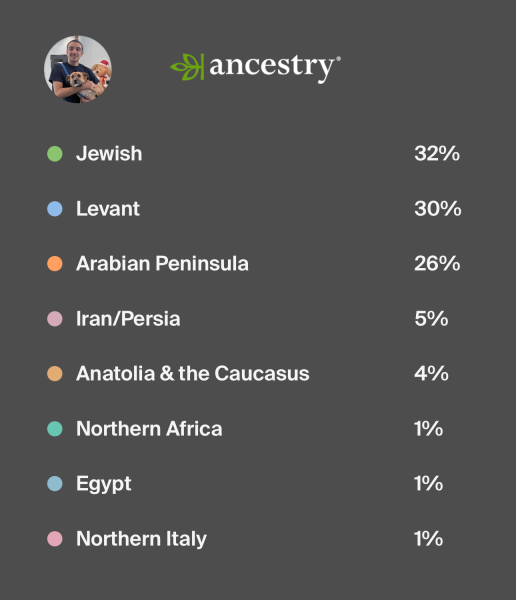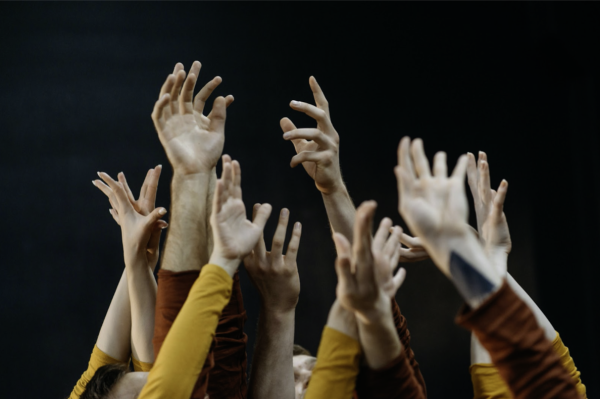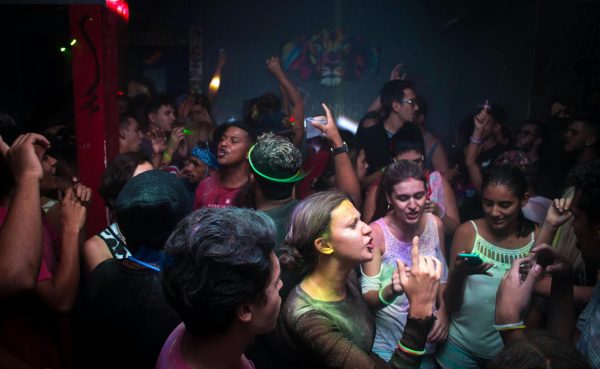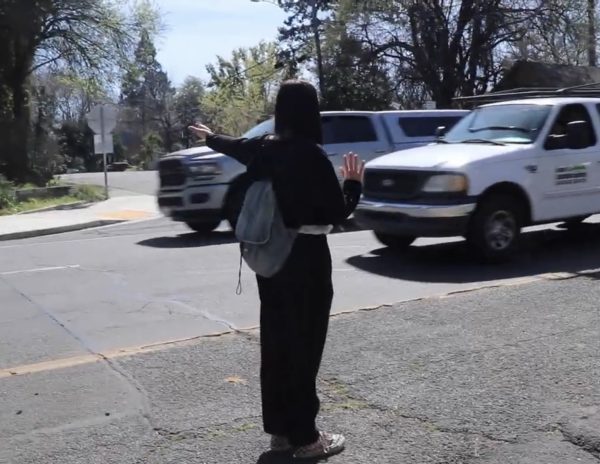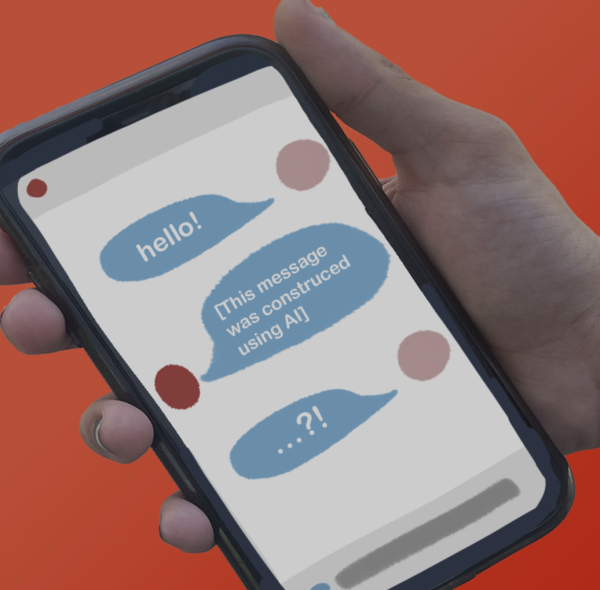Social media poses a danger for the heavy user

The “big four” of social media Photo credit: Roberto Fonseca
Social media is now as much a part of our cultural fabric as anything else. At the time of its creation, we didn’t know what this new technology would do to our culture, our relationships or our brains.
While there are benefits to social media, it has some malicious effects on our lives, both discussed and undiscussed. There needs to be a conversation about what social media has changed in us and the services and harms it offers.
People are more connected than ever because of social media. No one can argue the merit of greater interconnectivity.
However, that interconnectivity does come with serious caveats. There is a permanence to what is posted online, as anyone who’s ever been job hunting can tell you. One incriminating photo or post can completely derail a career. Drunken nights out can keep you from landing a dream job and a politically incorrect post can get you fired from the job you already have.
Social media also makes it easy to get hacked. A Facebook page is essentially a collection of information about you, having that online is a dream scenario for identity theft.
These are well-understood risks. Although there’s always someone being hacked or losing a job opportunity, there are steps you can take to prevent this.
What is less discussed is the psychological impact of social media. When we post, we’re making a conscious decision to put an image of ourselves forward. Social media creates artificial identities and sending that out to the world. There’s an insipid narcissism to social media, an element of deceit and a heavy dose of fantasy.
We rely on the pleasure of likes and retweets to gain some sort of self-validation. We compete with those around us, trying to see who has the more interesting life. Most of the time we are lying to ourselves.
Social media also adds the problems of addiction, the growth of fake news, our increasing political partisanship, and the myriad of other effects it has on us. That should only highlight how much needs to be examined, and how much more we need to discuss.
This is a conversation that is long overdue. Social media is here to stay and we need to understand exactly what it does to our societies.
Grayson Boyer can be reached at [email protected] or @theorion_news on Twitter.








